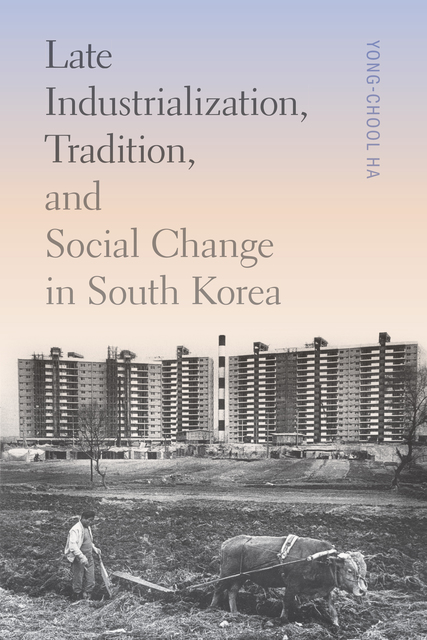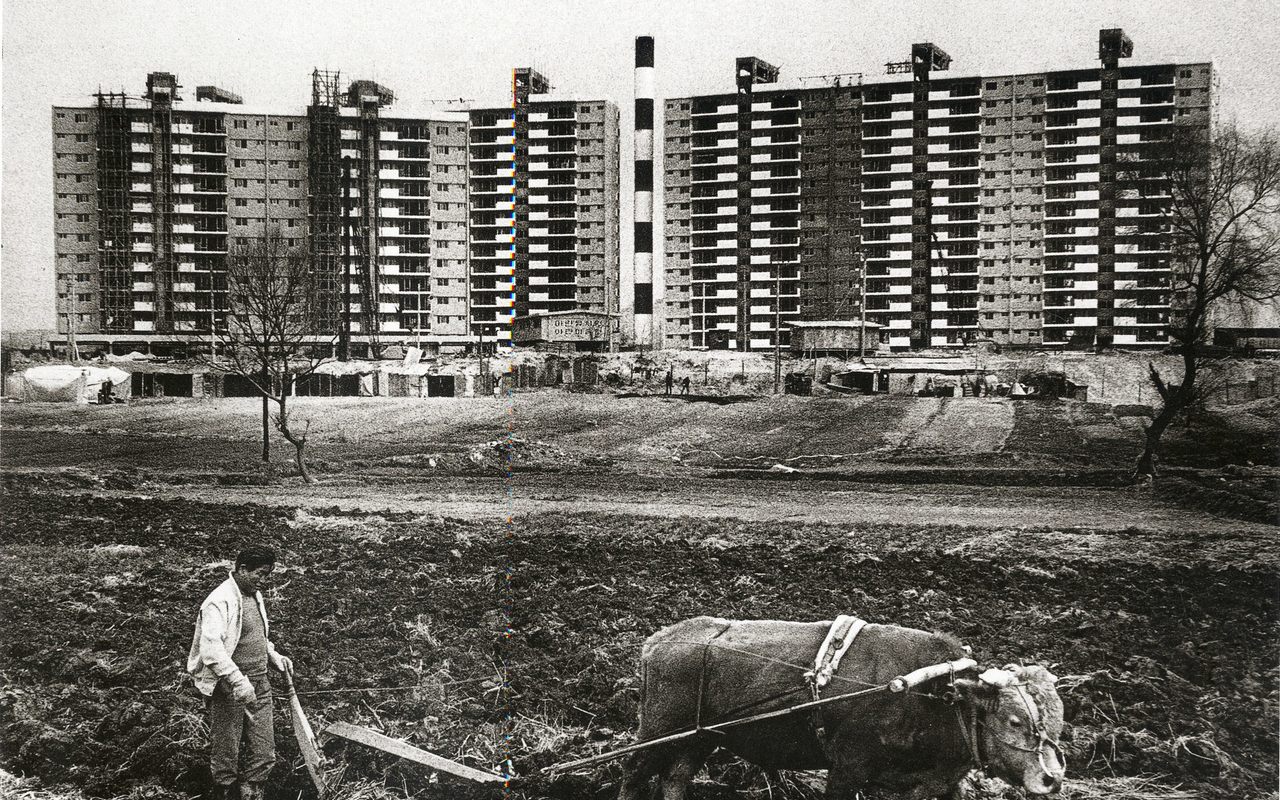Late Industrialization, Tradition, and Social Change in South Korea was supported by grants from the 2024 Korean Studies Grant Program of the Academy of Korean Studies and from the Korea Studies Program of the University of Washington in cooperation with the Henry M. Jackson School of International Studies.
The open access edition was made possible by a grant from the Atsuhiko and Ina Goodwin Tateuchi East Asia Library Endowed Fund at the University of Washington Libraries, Seattle.



